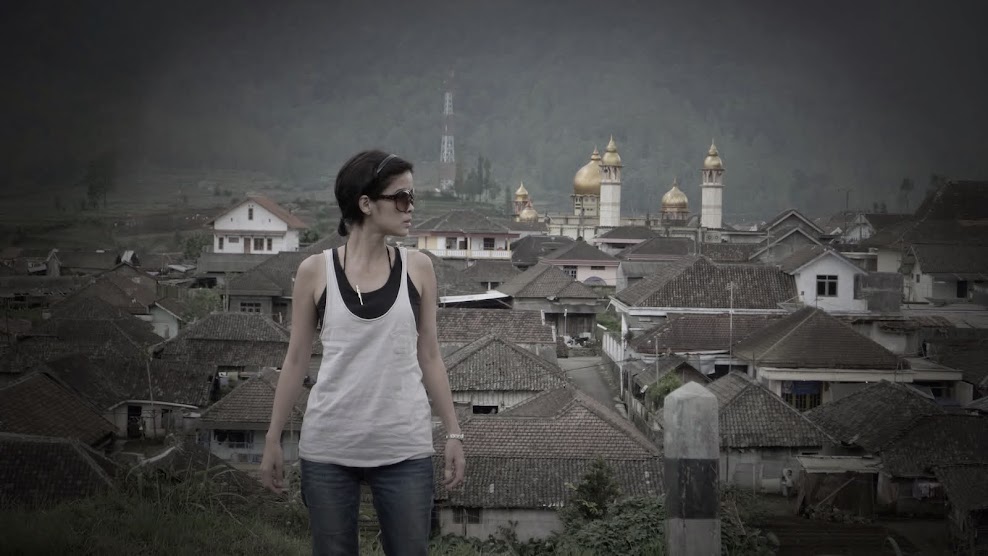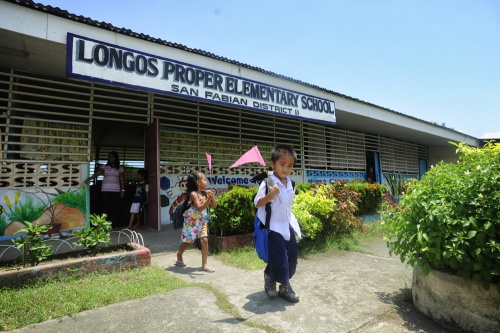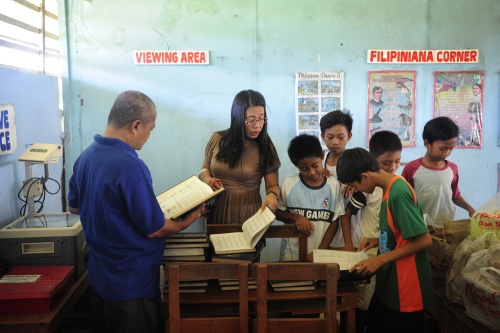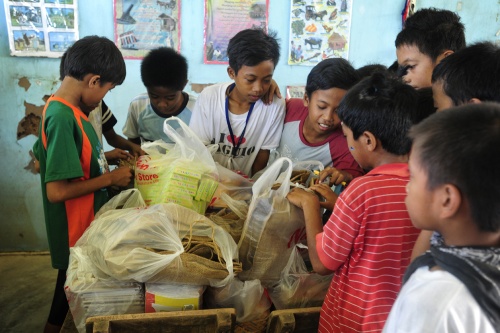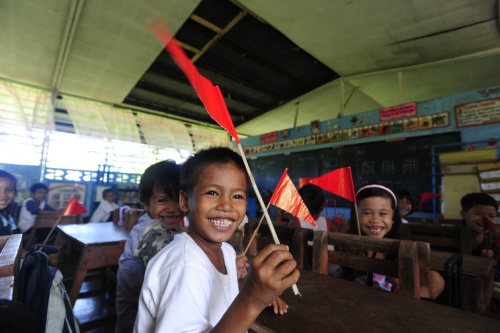My latest project for Target EJK:
 |
Common ground: Military and executive officials under the new administration say things are getting better in addressing EJKs, but families of victims and activists want to see more perpetrators brought to justice. JES AZNAR |
"Today the dream starts to become a reality,” President Benigno Aquino III said on June 30, 2010. The inaugural speech of Aquino gave Filipinos hope that there would be genuine social change under his administration, according to the Cordillera People’s Alliance (CPA). The group said the people had high hopes that there would be an improvement including an end to human rights violations, particularly EJK. However, one year on, the CPA claims the Aquino administration has only extended what they describe as the state “fascism” of President Arroyo. “A year after Aquino’s presidency, the people’s rights continue to be violated by, ironically, the ones using the term “human rights” – no[ne] other than the Armed Forces of the Philippines and the Philippine National Police (PNP),” alleges the group. It claims that from July 2010 to June 2011, there have been 45 victims of EJK and four victims of enforced disappearances. For the Aquino administration, however, change has been implemented and that the change has been significant. In an interview with Target EJK, Col. Domingo Tutaan, the relatively new chief of the Armed Forces of the Philippines’ (AFP) Human Rights Office (HRO) said the Aquino administration’s efforts to uphold human rights can be seen in the drastic change in the policies of the military. “We now have human rights officers and desk people at the unified command levels. They do immediate advocacy and action on human rights violations,” Tutaan says. He adds that the appointment of human rights officers and the overall change in policy in all its major services down to the battalion level aim to ensure the compliance of all soldiers with the international humanitarian law. Change in mind sets More than compliance, Tutaan says that the AFP is also pushing for a change in mind sets among every member of the military from the officers down to foot soldiers. “We do not want the soldier just to comply. We want them to clearly understand and we want to inculcate in them why they have to comply,” Tutaan says. This, he says, is necessary for members of the military to appreciate the value of upholding human rights. This proves that there are efforts to change the way the military conducts its activities, he adds. As such, he said that the AFP has been partnering with all organizations and reaching out to militant groups to prevent human rights violations. He also believes that there has been a significant decline in human rights violations but is unable to provide exact figures. To this end, Tutaan says that his office has been partnering with other organizations including human rights and so-called “militant groups” to set up mechanisms that would effectively monitor human rights violations. For instance, he says, that for a more “accurate” picture of the human rights situation, the AFP HRO is setting up mechanisms agreeable to all stakeholders to define what constitutes a human rights violation. Tutaan says that if an individual felt harassed but was not actually harassed, this should not be counted as a violation of his human rights. “There should be mechanisms,” he says. As such, he adds, it was too early to provide specific figures on how much human rights and EJK cases have declined but he stresses that generally there has been a significant drop now that the military has been putting emphasis on upholding human rights. “There is a significant decline compared to the previous administration because of the AFP’s zero tolerance for human rights violations,” Tutaan told Target EJK. Significant improvements In a separate interview with Target EJK, Justice Secretary and former Commission on Human Rights Chairman Leila de Lima agrees that there have been significant improvements in the treatment of human rights and EJK cases under the current administration. “There have been improvements. It’s still a long way to go but there have been improvements compared to the situation from 2001 to 2009,”De Lima says. De Lima says that the administration of then President Arroyo was in denial that EJKs were happening. In contrast, the Aquino administration has acknowledged the problem, she says. “In some cases, there are preliminary investigations conducted immediately. This is unlike before when the (former) administration was in denial of the situation including the culture of impunity,” she says. The AFP’s Tutaan claims that the Aquino administration is attending to even the incidents in the past. “We are not turning our backs on the incidents in the past. We are collaborating with other agencies,” he says. Erring soldiers have been recommended for dismissal from service, he adds. “We use military and justice system to show zero tolerance on human rights violations. This is just a clear manifestation that we are dead serious in our efforts,” Tutaan says. As such, he stresses the policies of the Aquino administration as far as upholding human rights is concerned: “We will not run away from any responsibility and that there is no institutional policy to commit human rights violations,” Tutaan says. Still happening However, the umbrella organization of human rights groups Karapatan says that grave abuses are still happening under the current administration. “Despite the promise of change, state terror and violence continue to be used against those who fight or criticize the current policies and programs of the government that are essentially a continuation of the Arroyo’s globalization framework. President Aquino likewise continued to implement Arroyo’s Oplan Bantay Laya during his first six months,” says Karapatan in a statement released last week on the first year of the Aquino administration. It says that since January 2011 when Aquino implemented his own version of the counter-insurgency program called Oplan Bayanihan, there has also been no significant improvement. “Oplan Bayanihan is patterned after the US Counter-insurgency Guide of 2009. It claims to be different from the previous counterinsurgency programs especially on the respect for human rights. But Karapatan believes that it is an oxymoron to say that a counter-insurgency program is respectful of human rights,” Karapatan says. In a separate interview with Target EJK, Karapatan Secretary General Marie Hilao Enriquez says that what is needed is a counter-insurgency program that is respectful of human rights and within the bounds of law. Yet this is what the AFP says exists already. The military commits more than one human rights violation or EJK per week, Enriquez says. “There has been no change.” She maintains that what is needed is a change in the mind set of the military in conducting its counter-insurgency program. “They should not arrest people if they do not have warrants of arrest,” she says. To show its sincerity, Enriquez adds, the Aquino administration has to bring to justice the perpetrators of those behind EJK cases in the past. Citing Karapatan data, Enriquez says that from July 2010 to June 18, 2011, there have been a total of 48 EJK cases. In a separate statement, Amnesty International said Aquino should establish a Presidential Accountability Commission on political killings which should address the prosecution of perpetrators of human rights violations and EJKs. “Aquino has shown that human rights are still not a priority for his administration. For the past year Aquino has been saying that he inherited these human rights problems from his predecessor. But after a full year in charge, it is time for him to take responsibility for protecting the human rights of Filipinos,” said Aurora Parong, Director of Amnesty International Philippines. The group said that government has failed to establish accountability over the state security forces including paramilitary groups. Until the government does so, its new policy on human rights will indeed remain big words and mere rhetoric for human rights groups. |
